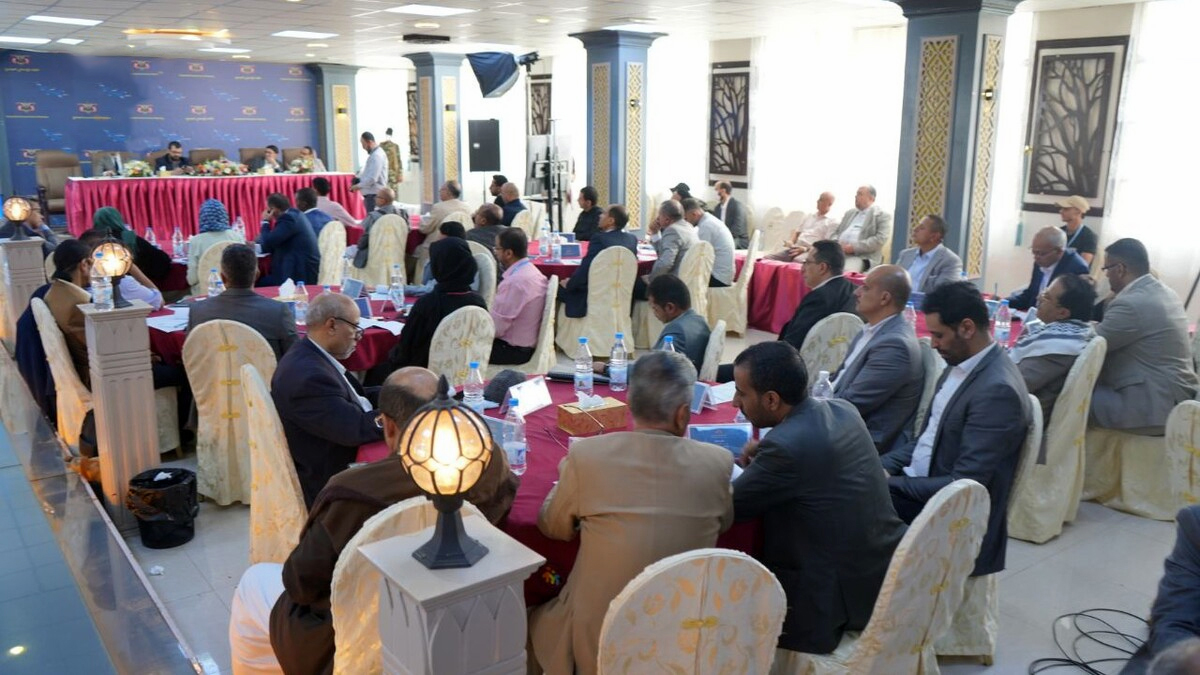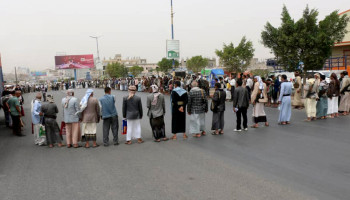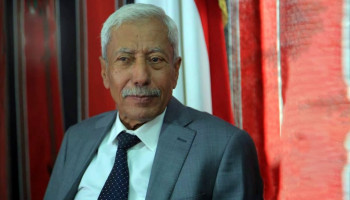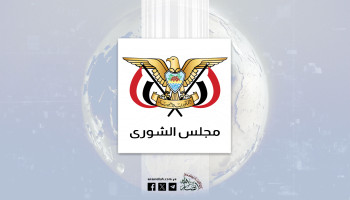The International Cooperation Sector at the Ministry of Foreign Affairs launched on Monday a three-day humanitarian coordination meeting in the capital, Sana’a, gathering representatives from the UN, international, and local organizations under the theme "Coordination – Cooperation – Trust."
The meeting aims to strengthen coordination in humanitarian operations across Yemen, address funding shortfalls, and resolve misunderstandings affecting humanitarian agencies.
In his opening remarks, Yemeni Foreign Minister Jamal Amer reaffirmed the government’s commitment to cooperation with the United Nations and denied rumors of imminent threats against UN staff, describing such claims as "baseless and aimed at sowing mistrust."
Regarding the detention of 23 UN employees, he attributed the cases to legal violations and affirmed that efforts are underway to secure their release through political leadership. He stressed that the issue should not be seen as targeting the UN, especially in light of global silence over Israeli attacks on aid workers in Gaza.
The minister criticized the politicization of humanitarian aid, citing funding cuts to UN programs in Yemen as part of international pressure, linked to Red Sea tensions and Yemen’s support for Palestine. He also condemned the UN decision to suspend development projects in northern provinces, warning of rising humanitarian needs and service disruptions, especially in Sa’ada province.
UN Resident Coordinator Julien Harneis acknowledged ongoing efforts to support local development in Yemen despite funding shortages, calling for renewed cooperation with donors to address the country’s worsening humanitarian situation.
Deputy Minister for International Cooperation Ismail al-Mutawakil emphasized the government’s support for humanitarian partners and urged the UN to revisit politically motivated decisions that risk undermining humanitarian neutrality.
The session featured a short film on humanitarian suffering in Gaza and Yemen, followed by presentations on sector-specific humanitarian needs requiring urgent international support.
The meeting is expected to conclude with recommendations to improve coordination, protect aid workers, and ensure a more balanced and principled humanitarian response in Yemen.







